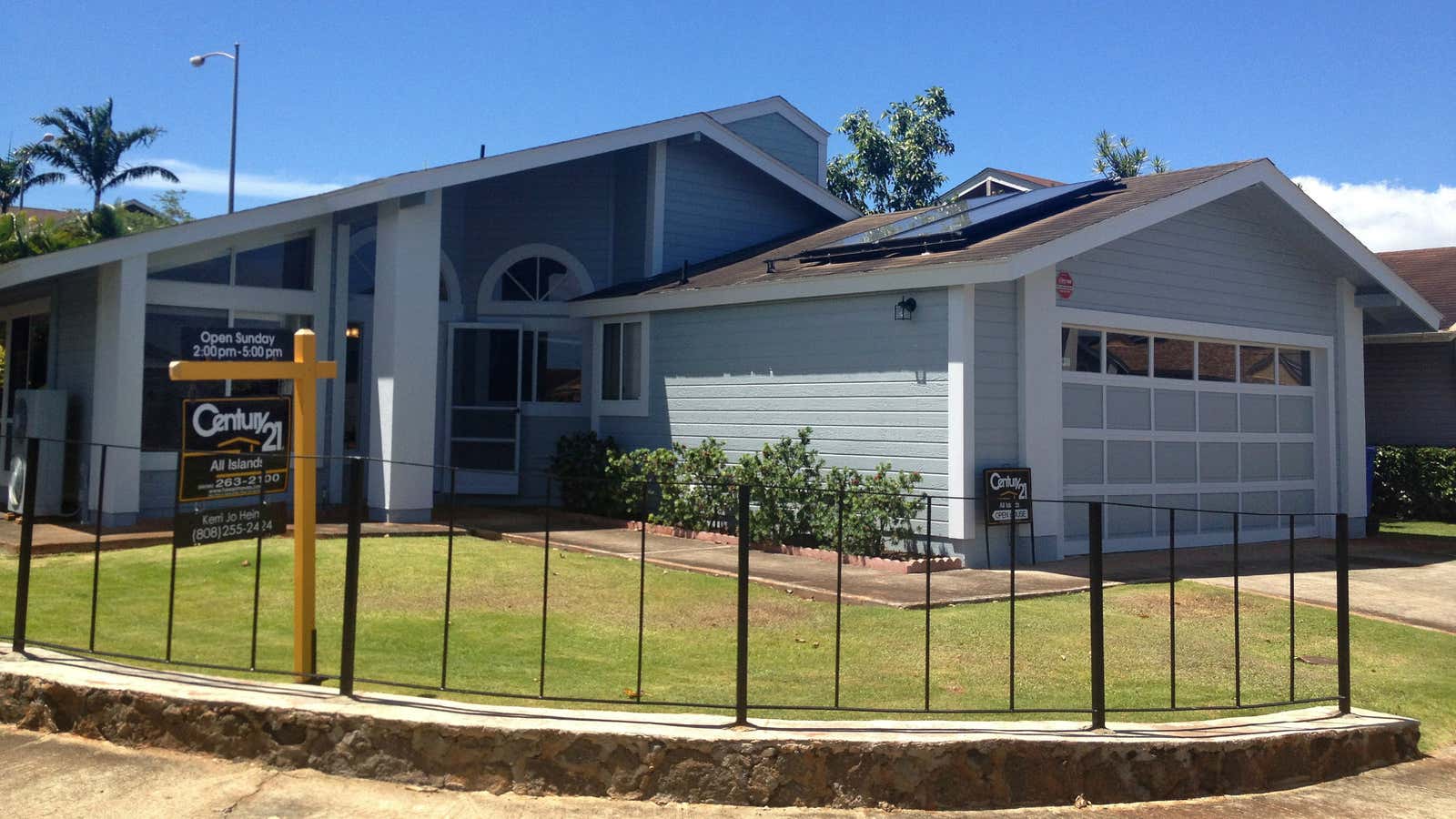Since the Guardian reported that NSA whistleblower Edward Snowden had sought refuge from US authorities in Hong Kong, the reaction of netizens worldwide has been one of confusion. Why would a man responsible for revealing the extent of US digital surveillance on the grounds of privacy and freedom of expression go to a special administrative region of China, where such values are consistently suppressed?
Hong Kong signed an extradition treaty with the US in 1996, a year before the former British colony was handed back to the Chinese government. As part of the handover, Hong Kong was granted self-governing rights under a “one nation two systems” policy, which includes almost every aspect of rule except military and foreign affairs.
Snowden’s reasons for choosing Hong Kong may have included its determination to stand up for freedom of expression—for example, the city tolerates annual vigils in memory of a 1989 crackdown at Beijing’s Tiananmen Square, which often include anti-China rhetoric. But extradition experts like Robert Anello, a New York lawyer, believe that Hong Kong is unlikely to protect the whistleblower. “They’re not going to put at risk their relationship with the US over Mr Snowden,” he told Reuters.
Crucially, the treaty states that Hong Kong has a right of refusal over extradition requests “when surrender implicates the defense, foreign affairs or essential public interest or policy” of China. But a close reading of the treaty itself suggests that clause only applies to Hong Kong deporting a Hong Kong national, which Snowden of course is not.
As Evan Osnos of the New Yorker put it, “seeking refuge in Hong Kong out of devotion to free speech is a bit like seeking refuge in Tibet out of devotion to Buddhism.” Regina Ip, Hong Kong legislator and former security secretary, described Snowden’s choice of location to the Wall Street Journal as “really being based on unfortunate ignorance.” And an unnamed lawyer told the Journal that “Hong Kong is the worst place in the world for any person to avoid extradition, with the possible exception of the United Kingdom.”
That makes Snowden’s future bleak—but this is an unprecedented case at a fragile and pivotal moment in Sino-American relations.
Snowden could also buy time by applying for asylum. A Hong Kong court ruling in March decreed that the government must screen each application for asylum rather than rely on the UN refugee agency, but no system is yet in place to deal with claims, so Snowden may find himself temporarily protected while Hong Kong authorities decide how to comply with the new law.
What if Beijing wants to know what Snowden knows? It may not want to turn away an NSA contractor who is an intelligence gold mine, especially one who claims that he had access to “the full rosters of everyone working at the NSA, the entire intelligence community, and undercover assets all around the world, the locations of every station they have, what their missions are and so forth.”
The Chinese and US presidents met over the weekend in California to attempt to strengthen ties and discuss issues—including cyber-security—important to both countries. It is not known whether the NSA leak was discussed, but China may not want to antagonize the US so soon after a presidential visit intended to do just the opposite.
Snowden has also mentioned Iceland as a preferred destination, citing its reputation for upholding internet freedoms. Indeed, Birgitta Jónsdóttir, an Icelandic member of parliament and chairman of the Reykjavik-based International Modern Media Institute, announced that she would be working to seek asylum for Snowden in Iceland, although the country’s ambassador to China said that he would have to be in Iceland to do this. Jónsdóttir has previously worked with Wikileaks to release controversial footage of a US airstrike in Iraq and has supported whistleblower Bradley Manning, who is currently on trial.
But Snowden is under no illusions. “All my options are bad,” he told the Guardian. “You can’t come up against the world’s most powerful intelligence agencies and not accept the risk. If they want to get you, over time they will.”
[UPDATE: This post has been updated with additional information about Mr Snowden’s option to apply for asylum in Hong Kong]
